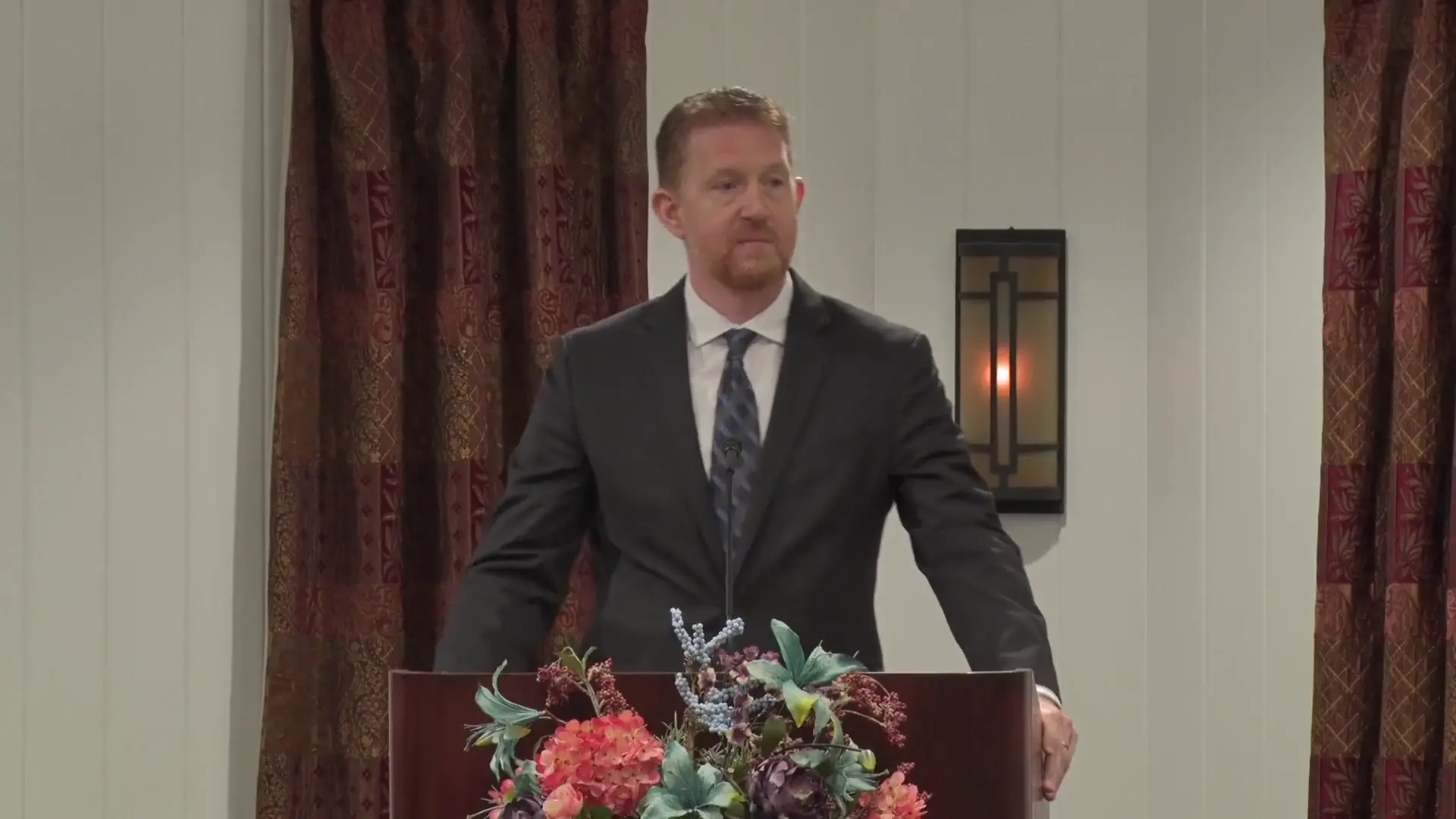Filter by Categories
The Cheerful Giver
Sermonette by Ryan McClureWhen people ask for a handout, we may feel reluctant to help out. But when someone helps us when we are in need need, the value of charity becomes apparent.
Misplacing Hope
Sermonette by Joseph B. BaityForces of greed have highjacked charities, their executives sometimes receiving high levels of compensation while their recipients receive left-over crumbs.
In the Wake of an Unnatural Disaster (Part Ten)
Commentary by John W. Ritenbaugh (1932-2023)No longer do we have a true representative democracy, but a small group of wealthy elite are pulling the strings, transforming our government.
"If I Have Not Charity"
Sermon by Richard T. RitenbaughChristianity has both an inward aspect (building godly character or becoming sanctified) and an outward aspect (doing practical good works).
In the Wake of an Unnatural Disaster (Part Eleven)
Commentary by John W. Ritenbaugh (1932-2023)Socialism is a cancerous evil, robbing from the productive and giving to the unproductive, destroying all incentives for growth or real productivity.
The Widow and the Fatherless (Part Four)
CGG Weekly by Mike FordWhat are some more tangible ways to help the widow, the fatherless, and the stranger? These points would help anyone, but keep in mind those we are focusing on.

The Third Tithe Blessing
Sermon by David C. GrabbeGod's people were obligated to declare before God that they had faithfully distributed the tithe. The blessing was applied nationally.
Tithing: Third Tithe
Bible Study by Martin G. CollinsGod ensures that all His children have what they need to survive and thrive. The third tithe is God's way of supporting the needy and the poor.
Socialism's Inherent Contradiction
'WorldWatch' by Richard T. RitenbaughSocialist policies promise to feed the hungry, heal the sick, and provide for the poor, but these good things are not what socialism ultimately delivers.
Privilege, Responsibility, and Judgment
Sermonette by John W. Ritenbaugh (1932-2023)Our welfare programs have scriptural principles as their general inspiration, but they have been abused, encouraging dependency which God never intended.
Is Redistribution of Wealth Biblical?
Sermon by Richard T. RitenbaughThe Bible shows that economic disparity is a given. Scripture teaches that we should voluntarily help the poor rather than be coerced by the government.
Biblical Finance
CGG Weekly by Richard T. RitenbaughThe Bible is not an economic text, but it does include financial principles that all should know and follow as well as they are able. Here are a few.
The Myth of Fairness
Commentary by Richard T. RitenbaughThe term 'fairness' when used by progressives means guaranteeing equal outcome by taking from the productive and giving to the unproductive.
Making the Cut (Part Six)
CGG Weekly by Richard T. RitenbaughGod is very much against the idea of His people either bribing or abusing and exploiting their neighbors for personal gain. His people should be generous.
Why Do You Feel Entitled?
Sermon by Kim MyersThe entitlement attitude has crept into God's church, with people seemingly feeling they should be served instead of eagerly serving others.
Love Thy Neighbor (Part 1)
Sermon by John W. Ritenbaugh (1932-2023)Jesus set the bar very high when it comes to love. We no longer live for ourselves, but to Christ, who commands us to love everyone, including our enemies.

Tithing: 'Try Me Now!' (Part Two)
Sermon by Martin G. CollinsTithing requires faith and trust in God, who provides our ability to acquire wealth. Each member must make his own decision. Tithing is based on increase.
Themes of Ruth (Part Four): Kindness and Faith
Sermon by Richard T. RitenbaughBoth Ruth and Naomi demonstrated covenant loyalty in this marriages long after the death of their spouses. Ruth faithfully continued to serve her mother-in-law.
When is the Third Tithe Year?
Sermonette by David C. GrabbeIn Israel, the third tithe was practiced as a community, drawing people together in a common experience. This is possible for the church, too.
The Isaiah 58 Puzzle
Sermonette by David C. GrabbeIsaiah 58 is like the foreground of a picture puzzle. But it only really becomes clear when we add the background—the edge pieces—found elsewhere.
Our Privilege
Sermonette by John W. RitenbaughThe more we are given (and thus privileged), the more is expected from us. It is the responsibility of leadership to take care of those less privileged.